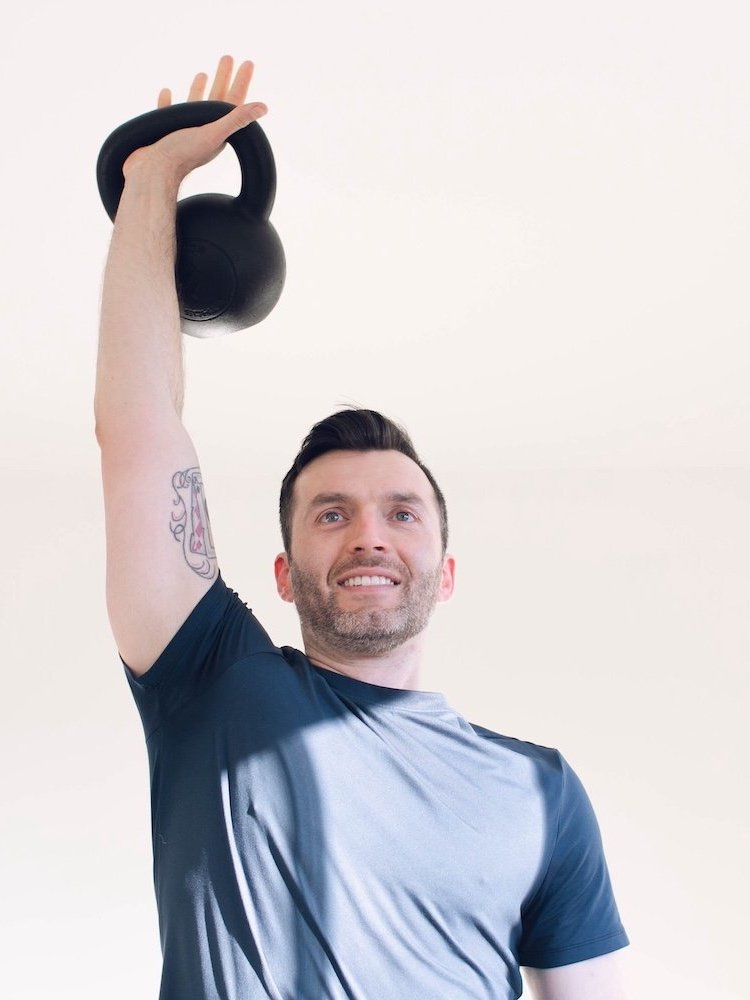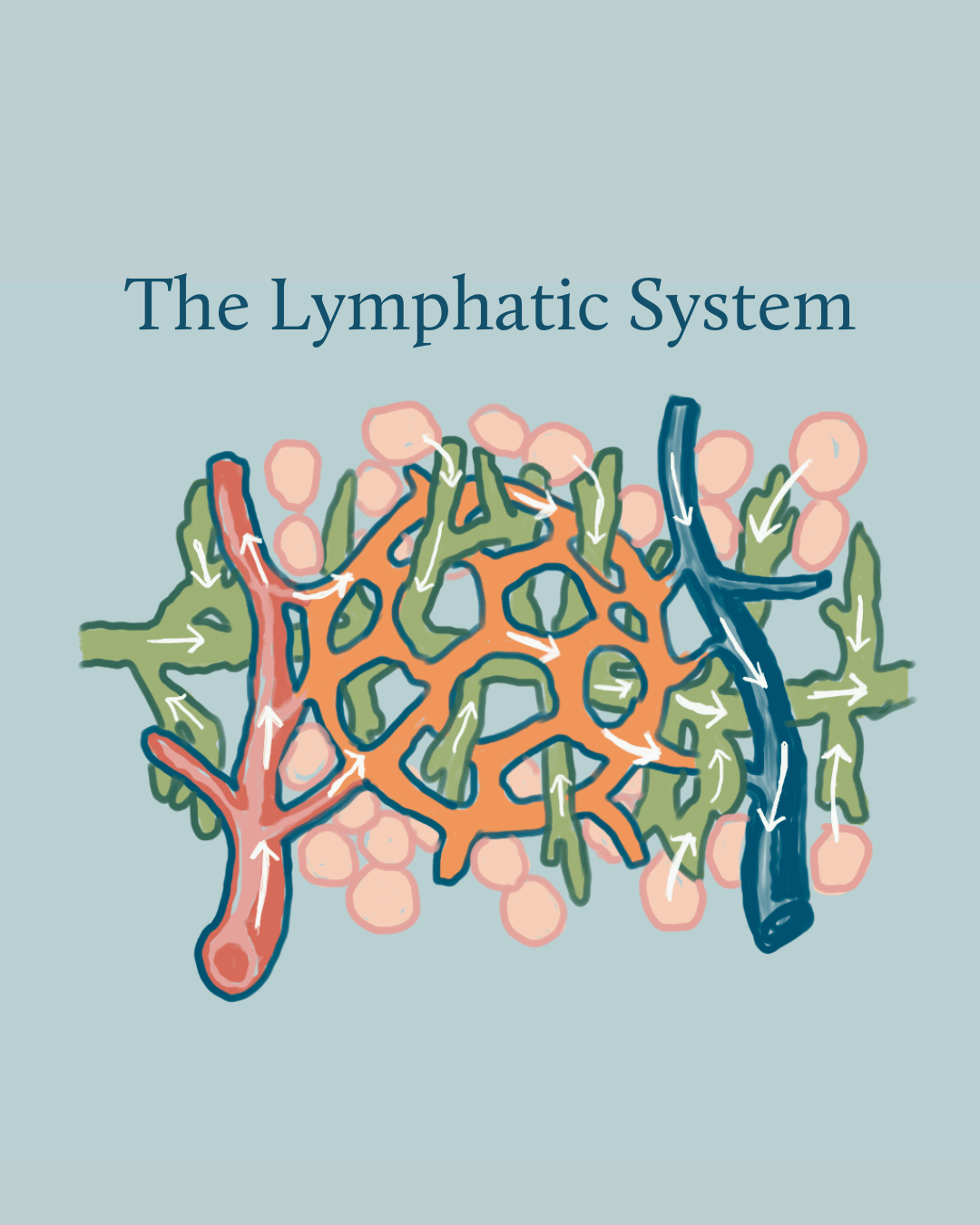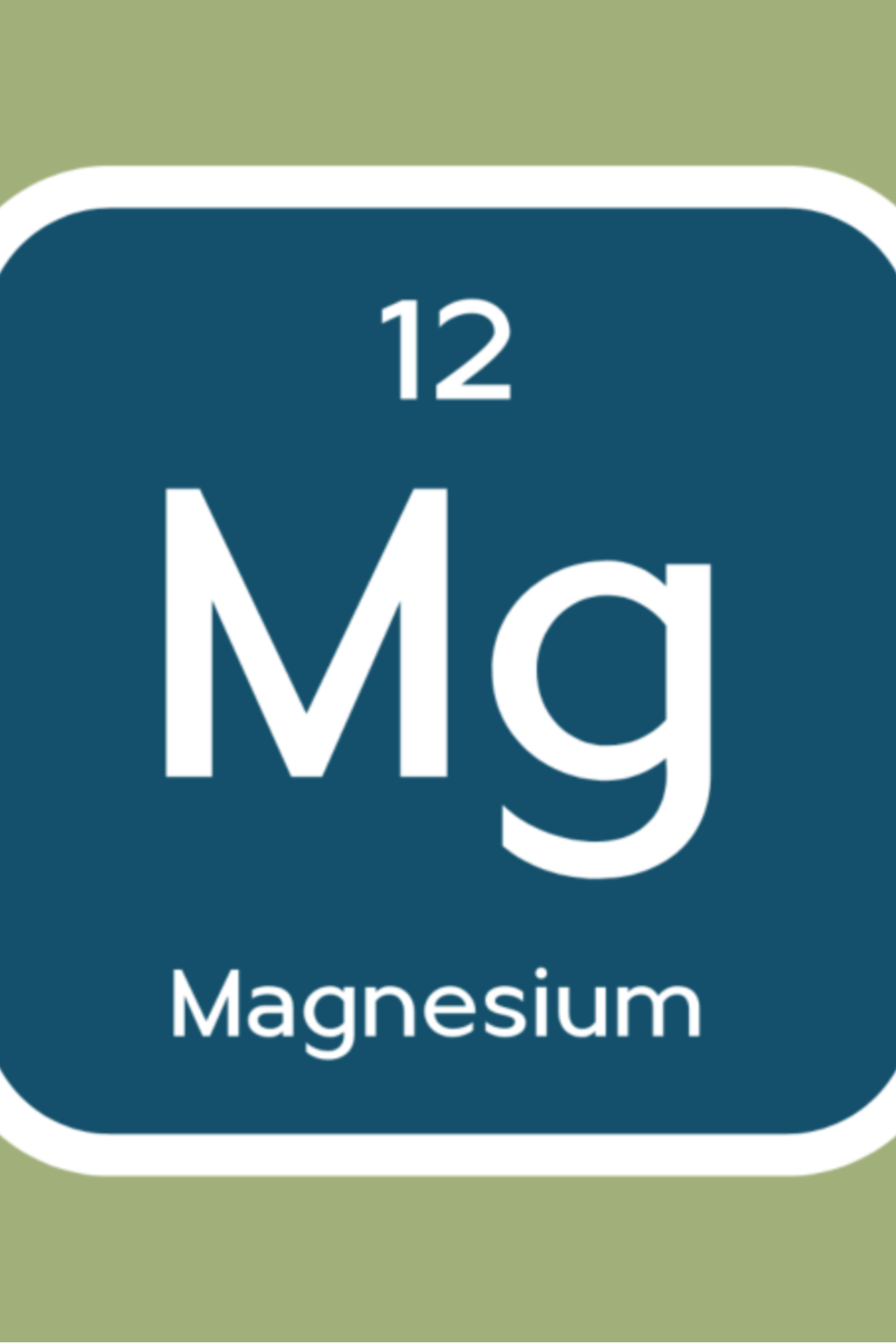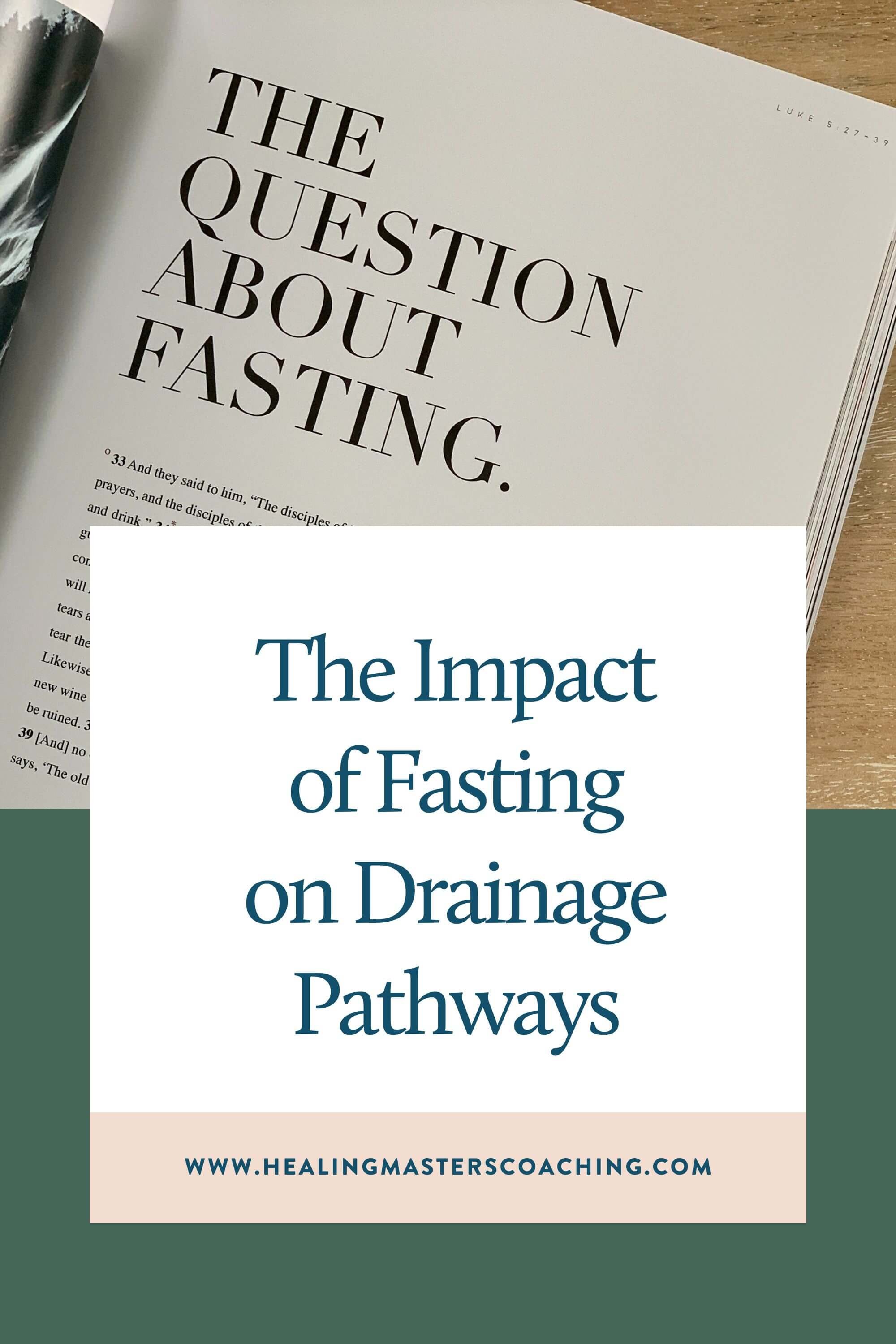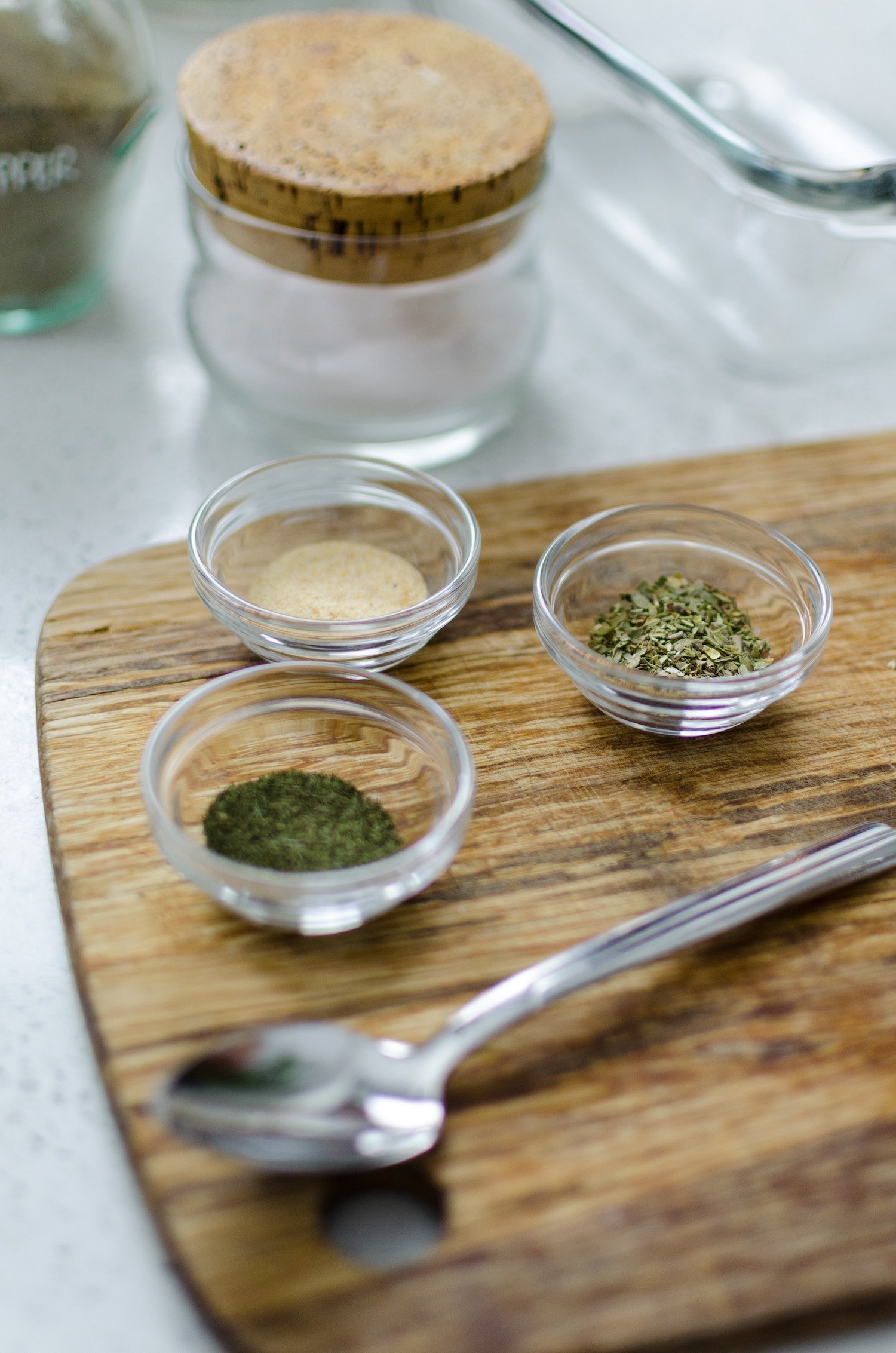Two Herbs to Lower Your Cholesterol Naturally
Welcome to a heart-to-heart on a topic that’s often misunderstood and yet is so central to our vitality – cholesterol. At Healing Masters, we bring to light the natural wisdom of our bodies and how we can support them in harmony with natural and holistic remedies. Too much cholesterol is harmful, while too little could also spell trouble. In this blog, we'll unravel the complexities of cholesterol, examining its effects on health, how to evaluate its levels, and the interplay with lifestyle factors such as stress, infections, and environmental toxicity. Additionally, we'll dive into natural remedies, spotlighting two herbs that have shown promise in managing cholesterol levels naturally.
Understanding Cholesterol's Role and Risks
Cholesterol often finds itself cast as the villain in modern health narratives, yet it plays an indispensable role in our body’s numerous biological processes. It’s the unsung hero in the digestion of fats, the crafting of hormones, detoxification, the construction of cellular walls, and so much more.
The bloodstream carries cholesterol in particles called lipoproteins that are like blood-borne cargo trucks delivering cholesterol to various body tissues to be used, stored or excreted. When there is too much of this circulating cholesterol it can injure arteries, especially the coronary ones that supply the heart. This leads to accumulation of cholesterol-laden "plaque" in your vessel linings, a condition called atherosclerosis. When blood flow to the heart is impeded, the heart muscle becomes starved for oxygen, causing chest pain (angina). If a blood clot completely obstructs a coronary artery affected by atherosclerosis, a heart attack (myocardial infarction) or death can occur.
When it comes to cholesterol, balance is key. Finding the sweet spot where cholesterol sings in harmony with our body’s needs is crucial. The discordance caused by elevated cholesterol levels, particularly of the type that veers towards the low-density lipoproteins (LDL) or "bad" cholesterol, can indeed stir trouble in our vascular system, leading to conditions like atherosclerosis and increased risk of heart disease and stroke. Heart disease is the number one killer of both men and women in the United States. More than 90 million American adults, or about 50 percent, have elevated blood cholesterol levels, one of the key risk factors for heart disease.
Similarly, having too low of cholesterol is also concerning. Not having sufficient cholesterol disrupts our hormone harmony, mental clarity, and cellular conversations, and can even be a sign of cancerous activity and burnout in the body. Common conditions associated with low cholesterol include poor cell membrane integrity, increased oxidative stress and free-radical activity, heavy metal and chemical toxin burden, liver/gallbladder dysfunction, thyroid hyper function, inflammatory processes, and adrenal stress.
Understanding and Evaluating Cholesterol Levels
Understanding cholesterol is about decoding numbers and ratios to unveil the stories of our health. Beyond mere numbers, the tale of cholesterol involves understanding the dance between HDL ("good" cholesterol) and LDL, and the rhythm of triglycerides in our bloodstream. Let’s journey together to demystify these markers and interpret what they whisper about our well-being.
Evaluating cholesterol levels and understanding their implications on health requires a comprehensive look at various lipid blood markers:
Total Cholesterol: This is a measure of the total amount of cholesterol in your blood, including LDL (low-density lipoprotein), HDL (high-density lipoprotein), and VLDL (very low-density lipoprotein) cholesterol. It provides a general overview of your cholesterol levels, but more detailed analysis is needed to fully understand cardiovascular risk.
HDL Cholesterol: Known as "good" cholesterol, HDL (high-density lipoprotein) cholesterol helps remove other forms of cholesterol from your bloodstream. Higher levels of HDL are associated with a lower risk of heart disease.
LDL Cholesterol: Often referred to as "bad" cholesterol, LDL (low-density lipoprotein) cholesterol can build up in the walls of your arteries, increasing your risk of heart diseases and stroke. Lower levels of LDL are preferred to reduce risk.
Non-HDL Cholesterol: This marker is calculated by subtracting HDL cholesterol from total cholesterol. It includes all the bad forms of cholesterol, including LDL and VLDL. A lower non-HDL cholesterol level is considered better for cardiovascular health.
VLDL Cholesterol: Very low-density lipoprotein cholesterol is another type of "bad" cholesterol that contributes to the buildup of plaque in your arteries. VLDL primarily carries triglycerides, another type of fat that can increase heart disease risk.
Triglycerides: These are a type of fat found in your blood. High levels of triglycerides can increase your risk of heart disease, especially when combined with low HDL cholesterol or high LDL cholesterol levels.
Cholesterol: HDL: This ratio compares the total cholesterol in your blood to the amount of HDL cholesterol. A lower ratio indicates a lower risk of heart disease, while a higher ratio suggests a higher risk. It's a useful marker for assessing cardiovascular health.
Triglyceride/HDL Ratio: This ratio measures the relationship between triglycerides and HDL cholesterol. A lower ratio is associated with a lower risk of heart disease. It's considered a good indicator of insulin resistance and metabolic health.
While these tests look directly at your lipid levels, many other functional labs can offer deeper insight into why those levels are high or low. It’s not always as simple as dietary cholesterol. Factors like toxic burden, hormonal imbalances, and genetic expression can all play a role. To explore how comprehensive lab interpretation can support your healing, visit our Lab Testing page.
The Importance of Regular Lipid Testing
Often dubbed a "silent killer," high cholesterol itself does not cause any symptoms. Instead, it's the consequences of its elevation, such as heart disease or stroke, that manifest physically. Recognizing the risk factors and understanding the need for regular screening saves lives. You don’t have to wait until a serious health event occurs.
Testing gives you knowledge to make informed health decisions with, which is why we recommend looking at your bloodwork with a functional lens every six to twelve months. Knowing if you have high or low cholesterol allows you to personalize your approach to achieving harmony in the body. Chronic stress can lead to unhealthy lifestyle choices that indirectly increase cholesterol levels. Moreover, there's evidence to suggest that stress can directly influence lipid profiles too. Emerging research points to the role of infections and environmental toxins in influencing cholesterol levels. These external factors can exacerbate cholesterol-related issues, emphasizing the importance of a holistic approach to managing cardiovascular risk.
Looking at lipids in the context of your broader health picture is essential. That’s why our Signature Functional Blood Chemistry Analysis (FBCA) includes a comprehensive lipid panel alongside dozens of other biomarkers — all interpreted through a 1:1 Lab Consultation. This session helps you understand your results, ask questions in real-time, and co-create next steps rooted in clarity and strategy. Learn more about our lab offerings and how they can support your healing on our Lab Testing page.
Lowering High Cholesterol Naturally
The good news is that there are many lifestyle changes you can make to reduce elevated cholesterol naturally, including incorporating cholesterol lowering supplements containing Policosanol or Red Yeast Rice.
Policosanol
One of the newest and more successful substances that benefits those suffering from high cholesterol is Policosanol, which is a safe and natural extract from sugar cane wax. It works by helping the liver control production and breakdown of cholesterol. Policosanol promotes healthy platelet function and helps to maintain cholesterol levels that are already within the normal range.
Red Yeast Rice
Red Yeast Rice is the product of yeast (Monascus purpureus) grown on rice, and is served as a dietary staple in some Asian countries. It contains several compounds collectively known as Monacolins, substances known to inhibit cholesterol synthesis. Red Yeast Rice is proposed to be a mild aid for gastric problems (indigestion, diarrhea), blood circulation and spleen and stomach health.
Closing Thoughts
Remember, your path to wellness is uniquely your own. Cholesterol’s story in your life is a personal one, and in understanding it more accurately through regular functional testing, you’re embracing a holistic approach to your health. Here at Healing Masters, we partner with you to explore, learn, and grow in your journey towards vibrant well-being.
Overcome Your Chronic Symptoms & Heal Holistically
Are you looking to get to the root cause of your symptoms? We can help you.
We use holistic approaches and functional medicine lab testing to investigate what is triggering your chronic symptoms so you can address them at their source and start to feel better faster. Our health coaches are masters at guiding the healing of multiple root causes in a personalized order that gets you wellness results that last. We also help you maintain good health and minimize your disease risks.
by sarah southerton
Certified Integrative Health Practitioner (IHP2) & Functional Medicine Health Coach
I specialize in helping people heal chronic illnesses and achieve optimal health. After my own battle with Ehlers Danlos Syndrome (EDS), Lyme disease, Mast Cell Activation Syndrome (MCAS) and Post Orthostatic Tachycardia Syndrome (POTS), I was thrust into the world of alternative medicine, herbal healing, and low-tox/low-stress living. I have since restored my health and no longer suffer with debilitating symptoms and I’m passionate about help other people who are suffering, so they can feel better a lot faster than I did.
Disclaimer: The information on this website is for general information purposes only. Nothing on this site should be taken as healthcare advice for any individual case or situation. This information is not intended to create, and receipt or viewing does not constitute, an healthcare professional-patient relationship. We do our best to keep information accurate and up to date, however mistakes do happen, and we cannot make guarantees regarding the accuracy of our information. We are not liable for any information on this website or your reliance upon it.




